Interested in taking your home off the power grid? Here are a few things to look for that might help you get the kit that’s right for you.
Setting up your home for solar power for your home can be a complicated business. If you don’t already have a background in electronics, you may want to choose your solar panels and have them professionally installed. However, if you’re still saving up to go completely off-grid, you may want to get some practical experience first.
Table of Contents
Getting started with solar power
I found that for me, the best way was to start small. Instead of taking your whole house off-grid straightaway, you can buy some good-quality solar system kits from Amazon. For less than $400, you can get a couple of solar panels, an inverter and panel fixings.
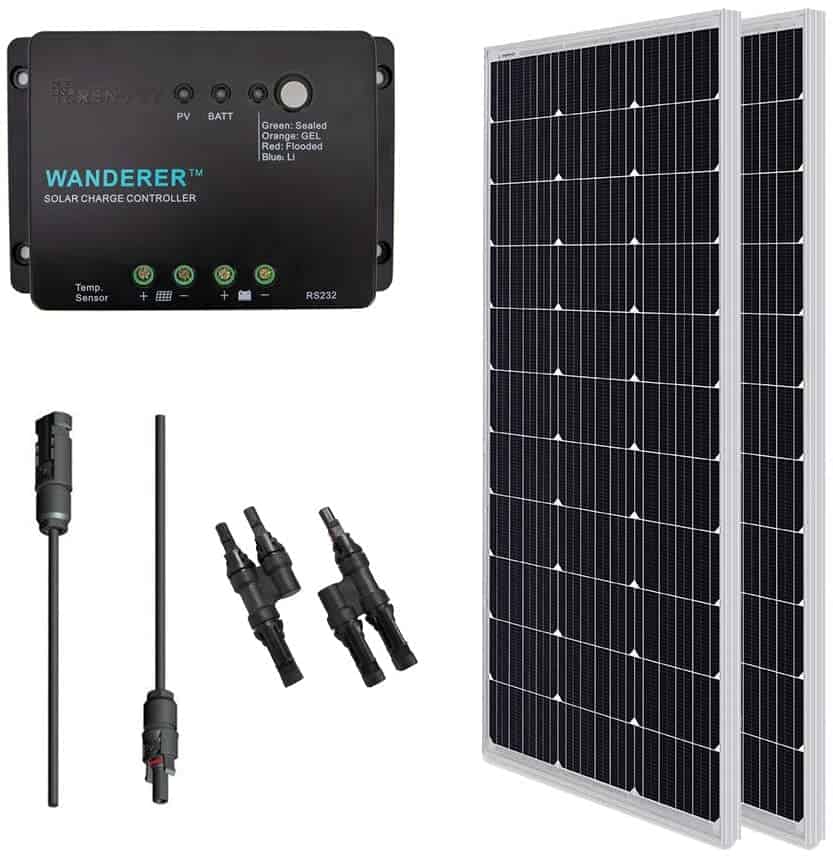
This 200w system from Renogy isn’t going to power your whole house, but it will make a start at reducing your power bill. For me, the attraction of this kit was that it was something I could try myself on a smaller scale to a whole house system. By working out the details of setting up and installing a 200w, you learn tons about solar panel systems that will stand you in good stead if you decide to shell out for a more extensive system.
From these two panels, you will be able to run several small appliances and make a difference to your daily usage. Or, if you prefer, they are ideally suited to setting up for a shed, garage, camper, or even boat. Wherever you decide to use them, once they are running, you will have found that you’ve learned loads about solar panel installation and use.
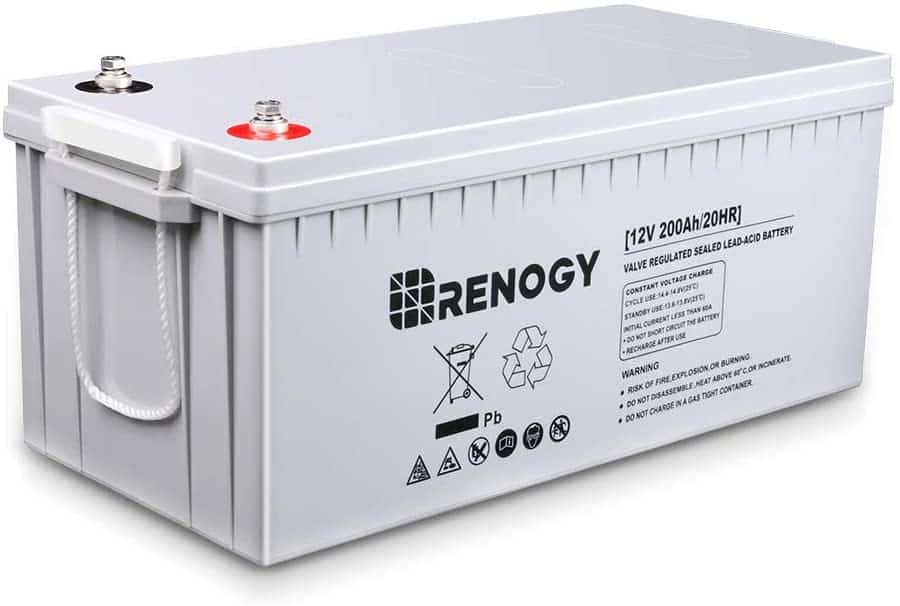
To complete your system Renogy also do inverters and deep-cycle AGM batteries. AGM batteries are a type of lead-acid battery made with ‘absorbed glass matting’. These ones wouldn’t be my choice for a larger system but they are the ideal accompaniment to this 200-watt panel kit.
This is a handy video to help you work out precisely what you will be able to run from this system.
These are my choices for a 200-watt starter system
- Renogy 200 Watts 12 Volts Monocrystalline Solar Bundle Kit – These are good solid panels to get started with. You get some extra bits in the kit, but you will still need some additional fixings and cable depending on your set up.
- Renogy Inverter – Several different sizes available to suit your system use.
- 200AH Renogy Deep-Cycle AGM battery – For most setups with 2 x 100w panels, this single battery will give you a couple of days of back up power.
Going completely off-grid
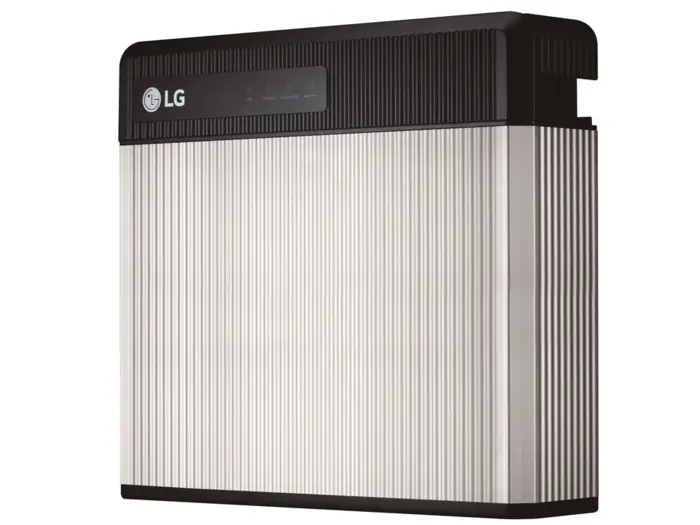
When you’re ready to take the plunge and set up a system to run your whole house, talk to friends and neighbors to find a trusted local installer. Some will be happy to install an off-grid system, but most will be glad to talk you through what you will need. Even if you want to install the system yourself, it’s useful to get local advice on the products available.
My personal preference is for SunPower solar panels and an all in one battery pack like the Tesla PowerWall2.0 or the LG Chem Resu, but every home has different needs, and you may find something better for you.
Features to look for in solar panels
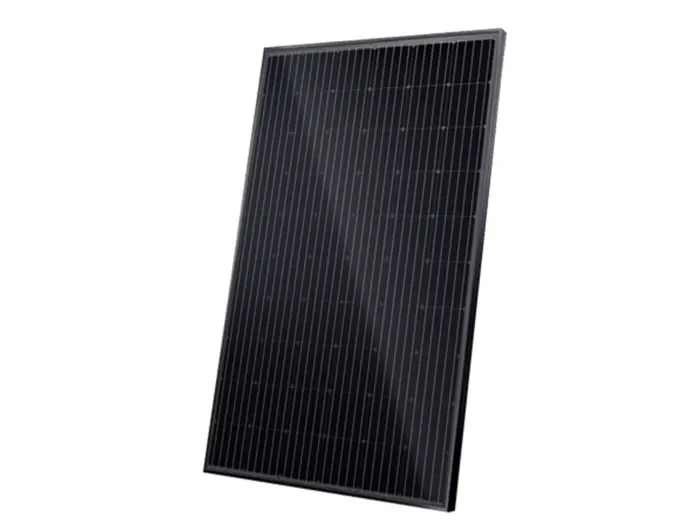
- Efficiency – This is how effective they are at converting the light that falls on them into power.
- Surface material – Polycrystalline and monocrystalline are both good options. Mono is more efficient and more expensive.
- Temperature coefficient – This is how much the efficiency drops as the temperature rises. The lower the number the better.
- Length of warranty – Most of the best manufacturers offer warranties of 25 years.
- Reputation – This is probably the most important factor. What is the aftercare like? Do other customers report that the panels live up to the advertising once they’re installed?
Backup generator
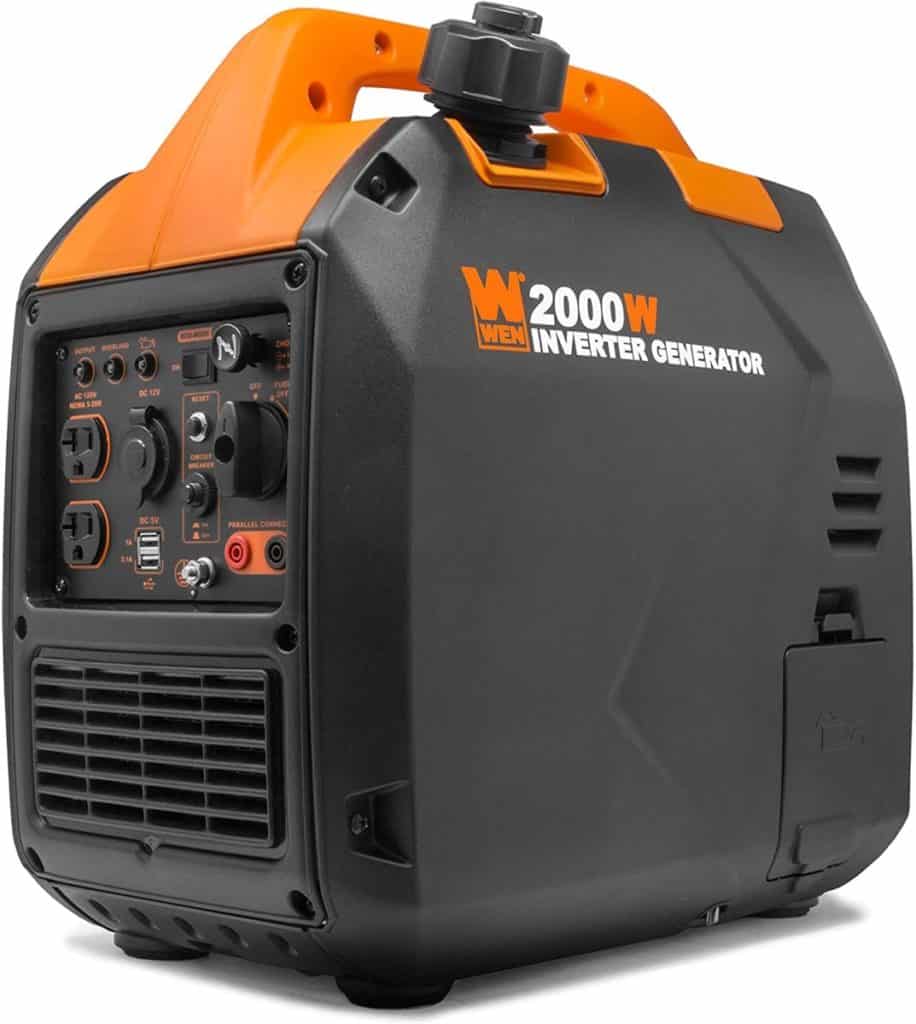
When you disconnect from the power grid, it can be nervewracking; no matter how well you’ve planned, some things can go wrong. A great way to plan ahead and prevent any solar panel problems from ruining your day is to have a backup generator. Your batteries will keep you going most of the time, but if you have a run of grey skies or an electrical fault, having a generator to charge up your batteries will buy you the time needed to solve the problem.
For me, the ideal generator is one that I can run quietly and do the job without needing much, or any, attention. Wen is a company that’s paid a lot of attention to how loud there generators are and how and how convenient they are.
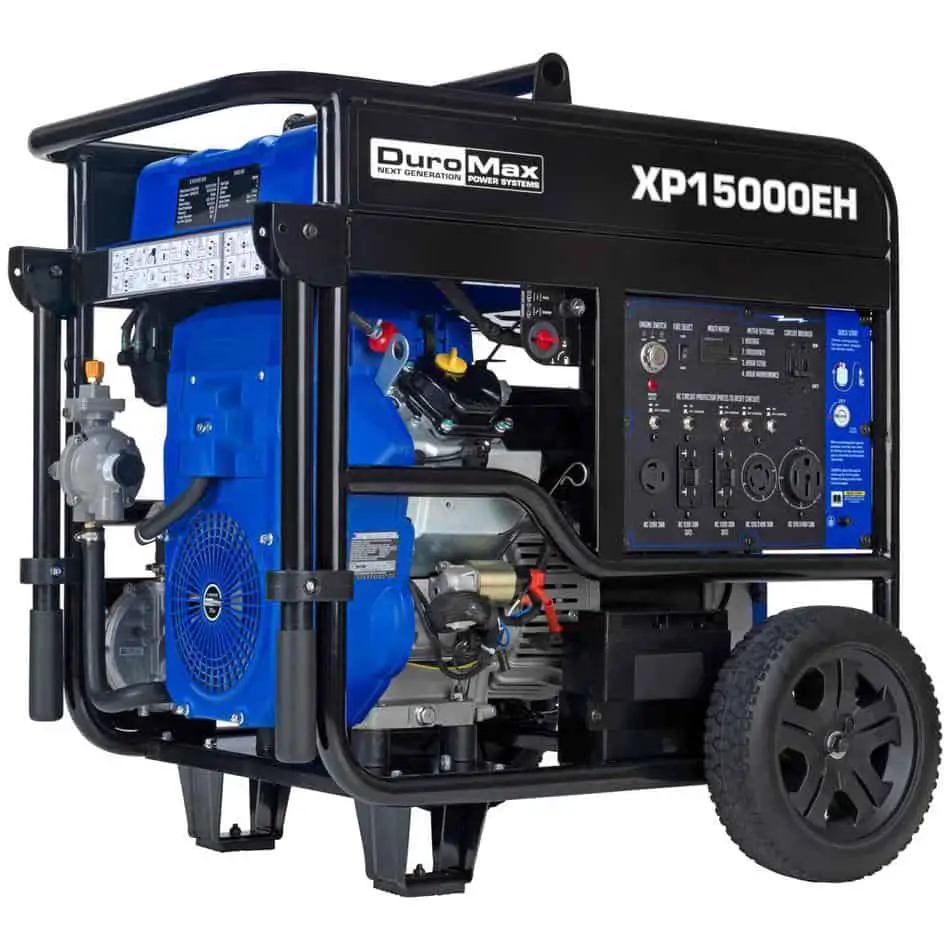
If you’ve never used a generator before, both Wen and DuroMax are ideal. They are easy to set up, get going, and are relatively portable. Wen give you access to a great generator on a budget but with the DuroMax you get more power and extra features.
The smaller models are suitable to back up small systems or run some simple appliances when camping, but the larger models will act as a capable backup to charge your batteries should you need it.
- WEN Super Quiet 2000-Watt Portable Inverter Generator w/Fuel Shut Off – Small generator, great for camping or some smaller appliances.
- WEN 121,000-Watt Dual Fuel Portable Generator with Electric Start – The top of the excellent WEN range, ideal for charging larger batteries for your home.
Features to look for in backup generators
- Automatic low-fuel shutoff – This will prevent the generator from running dry if it gets low on fuel. This function can save you from having to buy an entirely new generator.
- Automatic start – If you want to invest in a large home standby generator, you can find them with a feature that allows them to turn on automatically the moment your other supply switches off.
- Electric start – A handy feature that makes your generator a lot easier to get going.
- Run time – This is how long the generator can be run continuously on one tank of fuel. It doesn’t need to run for you to power your home because its function is to recharge your battery bank.
- Warranty – For such a crucial piece of kit, it’s essential that you know you’re covered if something goes wrong. Check the wording of the policy carefully so see what is excluded.
- Reputation and customer reviews – What is the customer service like? Do other customers report that the generator performs as advertized?
- Suitable outlets on panel – Generator panels often come with several sockets for you to connect your generator to your system. Make sure that it includes ones to suit your needs.
- Fuel Gauge – This is useful to indicate when you may run out of fuel. Surprisingly, some great brands, like WEN, don’t include these on their smaller models.
It’s worth noting that to connect your generator to your existing home electrical set up is best done when you use a transfer switch. This is a device that takes a single cable from your generator and connects it to your home power supply. A qualified electrician is your best choice to install it.
Useful equipment
As you go further into your off-grid journey, there are a few items that I wouldn’t be without:
Multimeters
A sturdy multimeter is an excellent way to keep on top of everything going on in your solar system and check for faults. This should be done with the greatest of care, but it can be useful to give you an idea of what you can manage yourself and what you need an expert for.
This ultra-safe digital multimeter from Klein Tools is a great allrounder. With it, you can test current, voltage, resistance, capacitance, temperature, and frequency. It also has a built-in multi-function socket for testing capacitors and transistors.
Handheld metal detector
Something that has pulled me back from the edge of disaster numerous times is my trusty handheld metal detector. Whether you’re installing cables or putting up shelves, this is an essential item. Just pass it over the walls where you intend to drill a hole, and it will let you know if you’re about to pierce through pipes or wires.
From bitter experience, I say that it’s worth spending a little more to get something of better quality. I went through three different versions trying to find a bargain. None of them had any accuracy and were just as likely to beep for wood as for metal. These devices aren’t guarantees against hitting pipes and wires with your drill bit when used correctly, they can significantly reduce the risk.
- Zircon MultiScanner740 – The entire Zircon range is well regarded, but I’ve had success with this one. Whenever you use it, it’s worth checking that your battery is fully charged, partially charged batteries can cause false readings.
Related Reading
If you’re looking for other tools, equipment or reading materials, I have some more lists that you may find useful:
